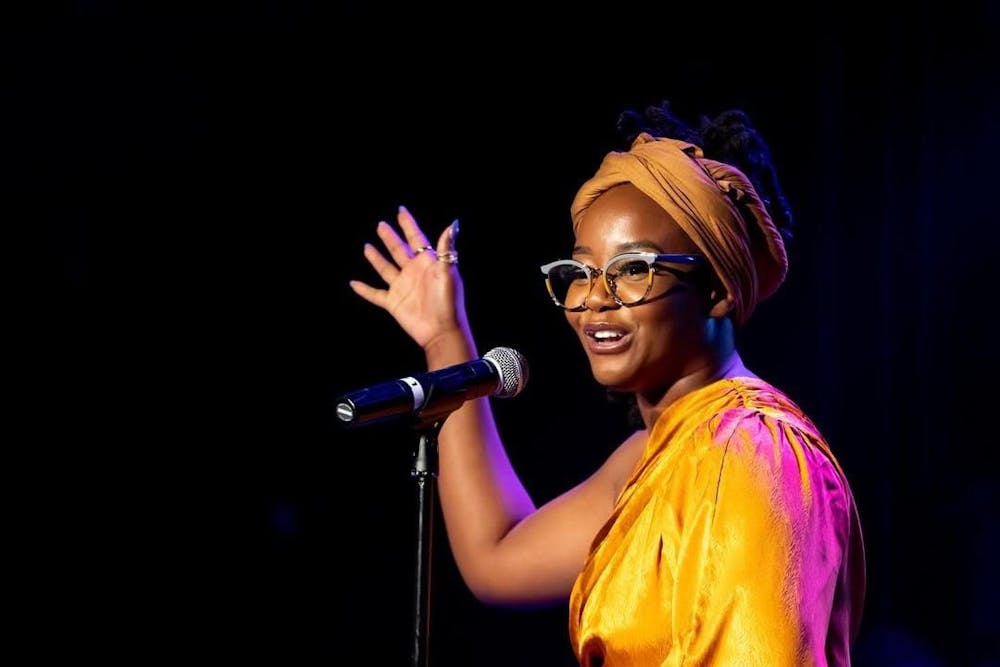Gospel music has been in spoken word artist Ayanna Albertson-Gay’s life since she was born. She listens to it every day, even while working out.
As a child, she heard gospel worship music at her great-grandmother’s church in eastern North Carolina, which, to her, was an embodiment of the genre.
“They were foot-stomping and hand-clapping and that old, really soul, really nostalgic type of gospel,” Albertson-Gay said.
Gospel is a form of Black sacred music that emerged in the early decades of the 20th century and was highly influenced by sanctified churches, where singing was more enthusiastic and spirit-driven, Glenn Hinson, a professor of folklore and anthropology at UNC, said.
By the 1920s and 30s, three music styles began to form the gospel genre in North Carolina, he said. They included sanctified singing, which brought instruments into the church like the banjo and emphasized upbeat songs; harmony singing, a more controlled style that invited listeners to hear the message of the Holy Spirit; and jubilee singing, in which a singer led a congregation in a chorus and told stories in a fast-paced, rhyming manner.
Some of the country’s most successful gospel artists are from North Carolina, including Durham native Shirley Caesar, an 11-time Grammy winner, and a cappella trio the Badgett Sisters, who became known for their performances at the Festival for the Eno in Durham.
Contemporary bluegrass band Carley Arrowood incorporates gospel songs in their discography. The band, based in Newton, N.C., is named after its leader, Carley Arrowood, who said God is at the core of each of their songs.
“It’s singing your anthem, it’s singing your heart out because you’re just so thankful to the Lord for what he’s doing,” she said.
The band's original songs are often inspired by scripture, like Psalms or the Gospels in the Bible, and Arrowood's love for God.



